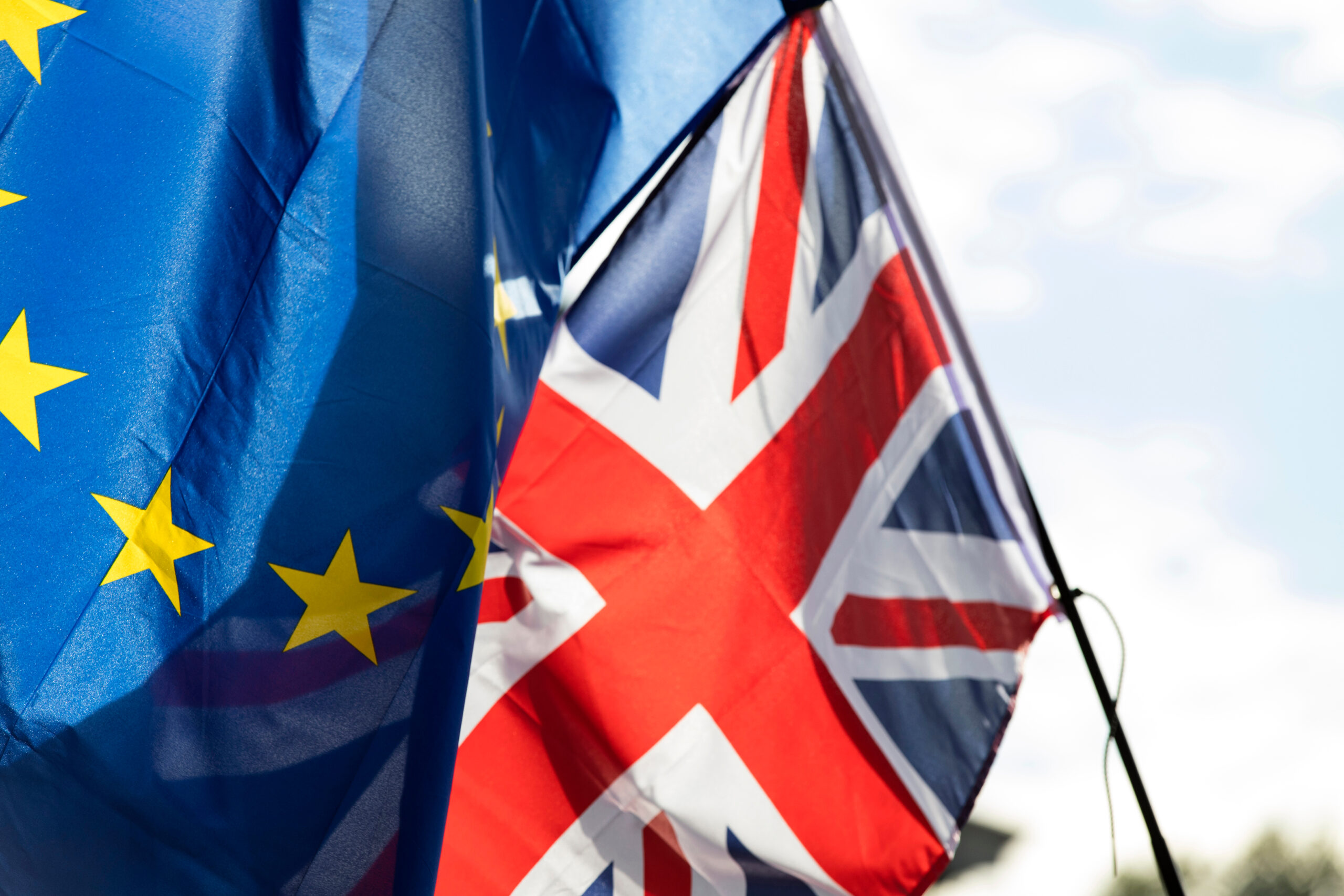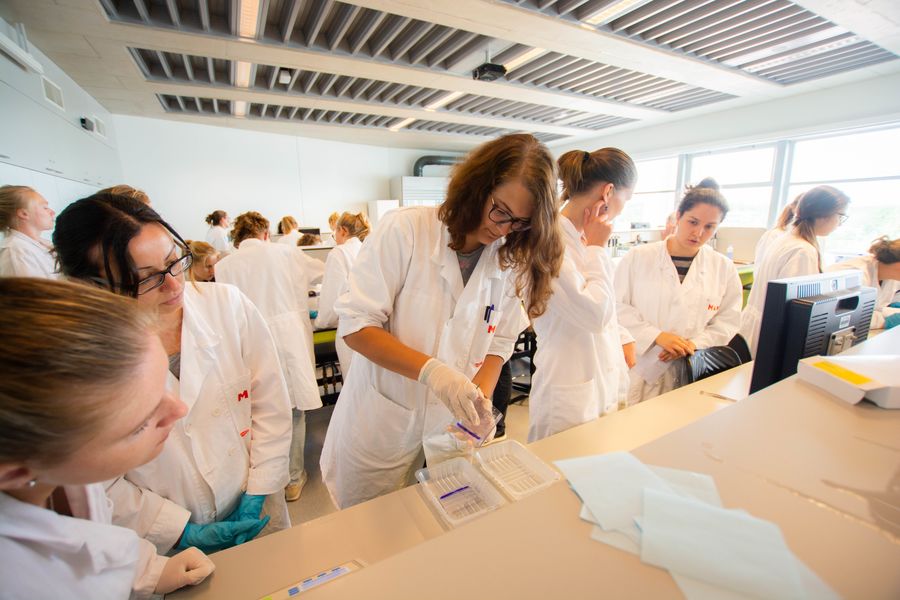Over the coming years, fewer British students are expected to enrol at Wageningen University, says Renske van Dijk, of the Information and Recruitment department. ‘Over the last years, some ten to twenty British citizens enrol in a Wageningen course annually, mainly Masters. The Brexit leads to an increase in their fees to the level of non-EU students, which is a lot higher. Thus, we expect the number of British students in Wageningen to drop.’
However, Brexit also generates opportunities. Van Dijk thinks that students considering an education in Great Britain will now reconsider due to the Brexit. ‘These students will seek alternatives in other countries. Given the high quality of education in the Netherlands and the fact that much of our education is offered in English, the Netherlands is a very viable alternative.’
Corona
Due to the coronavirus, fewer international students registered last September. Van Dijk: ‘The long-term effects of the corona pandemic on the influx are difficult to predict. A portion of the international students has postponed their enrolment and will still come. There may also be a shift from non-EU enrolments to EU-students. Moreover, the pandemic may influence local economies and the availability of grants.’
‘All things considered, I expect we will see a small increase in the number of enrolments for the international bachelor programmes’, says Van Dijk. ‘Enrolment in the masters’ are expected to stabilise.’
No Erasmus+
Britain has also disengaged itself from the Erasmus+ exchange programme. Eric de Munck, of WUR’s exchange team, regrets the British decision. ‘Our students are still able to travel to the UK for an exchange experience, but will no longer receive an Erasmus grant to cover their living expenses. This makes it much more costly, which means this option will mainly be used by the more affluent students. It will become similar to exchanges with universities in the United States, Canada and Australia.’
I don’t expect to see any changes in the number of exchanges until 2022 at the earliest
Eric de Munck, WUR’s exchange team
De Munck also thinks that the upcoming academic year (2021-2022) will be a transitional year in which Erasmus grants may continue to be awarded. ‘I expect we will not see any alterations in the exchanges until that year, at the earliest. Perhaps even later. In the meantime, alternative solutions may be developed, so it is hard to know how this will pan out. The Brits have plans for their own exchange programme, the Turing-programme.’
WUR has exchange agreements with thirteen British universities. Some 35 WUR students travel to the UK every year, with the same number of British students coming to Wageningen. A total of some five to six hundred WUR-students travel abroad for their exchange experience each year. However, corona has put an almost complete stop to exchanges.
Education no, research yes
The Brexit-negotiators have reached agreements on the British participation in the European research and innovation programme Horizon Europe. Still, it is unclear what rights the Brits will retain within the programme and what their contribution to the research budget will be.

 Photo: Shutterstock
Photo: Shutterstock 

